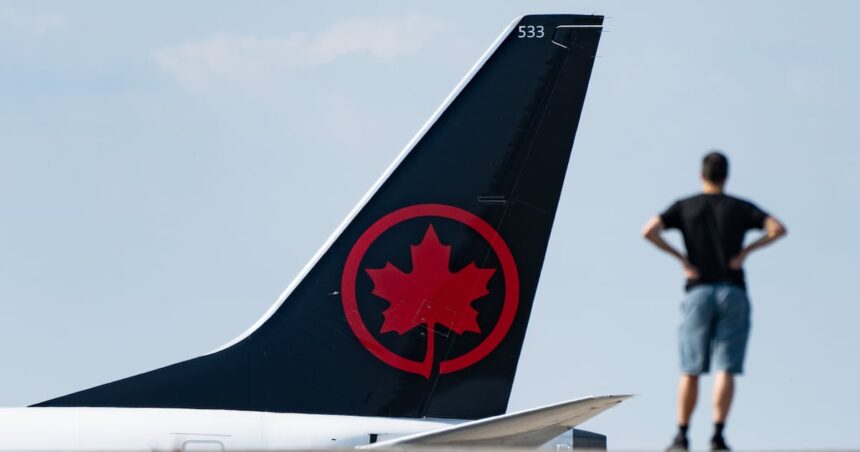As August approaches, thousands of Canadians finalizing summer vacation plans face a looming uncertainty: the possibility of a major disruption to Air Canada’s operations due to potential flight attendant strike action. With negotiations reaching a critical juncture, travelers should understand what’s at stake and how to prepare for possible service interruptions.
The Canadian Union of Public Employees (CUPE), representing over 8,500 Air Canada flight attendants, has entered a decisive phase of contract negotiations with the airline. Union officials have indicated that without significant progress on key issues including wages, scheduling flexibility, and work-life balance provisions, members may be in a legal strike position as early as August 15.
“We’ve been patient throughout this process, but our members deserve a contract that respects their contributions to Air Canada’s recovery and profitability,” said Marion Desjardins, chair of CUPE’s Air Canada division. “Flight attendants have weathered tremendous challenges since the pandemic, and compensation has simply not kept pace with inflation or industry standards.”
For travelers, the timing couldn’t be more concerning. August represents one of the busiest travel periods of the year, with families taking advantage of the final weeks before school resumes and business travel beginning to accelerate after the summer lull.
Industry analysts estimate that approximately 75,000-100,000 passengers could be affected daily if a full work stoppage occurs. While Air Canada has not publicly detailed its contingency plans, aviation experts suggest the airline would likely prioritize its most profitable routes while canceling or significantly reducing service on others.
According to Air Passenger Rights advocate Tyler Davidson, “Travelers need to understand their entitlements under Air Passenger Protection Regulations. In the event of a labor disruption, airlines still have obligations regarding refunds, rebooking, and in some cases, compensation.”
The economic stakes extend beyond inconvenienced travelers. A 2024 study by the Conference Board of Canada estimated that a week-long disruption at Air Canada could impact the broader economy by $135-175 million, particularly affecting tourism-dependent regions and business centers like Toronto, Montreal, and Vancouver.
Air Canada has maintained that it is negotiating in good faith and remains optimistic about reaching an agreement without service disruptions. “We value the contributions of our flight attendant team and are working diligently toward a competitive contract that benefits all stakeholders,” an airline spokesperson stated in a recent press release.
For travelers with bookings during the potential strike period, experts recommend several precautionary measures. First, consider purchasing travel insurance that specifically covers labor disruptions, as many standard policies exclude such events. Second, monitor both Air Canada’s communications and Canada News for updates on negotiations. Finally, familiarize yourself with alternative travel options should disruptions occur.
Labor relations experts from the University of Toronto’s Centre for Industrial Relations note that approximately 70% of potential strikes are resolved before work stoppages actually occur. However, they caution that the post-pandemic airline industry faces unique pressures that could complicate negotiations.
“Both sides understand what’s at stake,” explains Dr. Melissa Cheng, labor economics professor at McGill University. “The airline cannot afford significant service disruptions as it continues its financial recovery, while flight attendants are feeling the squeeze of inflation and increased workloads. Finding the middle ground will require creative solutions.”
As this situation develops in the coming days, the question remains: will Air Canada and its flight attendants find common ground before travelers’ plans are disrupted, or are we heading for a significant test of Canada’s air transportation resilience during one of its busiest seasons?























